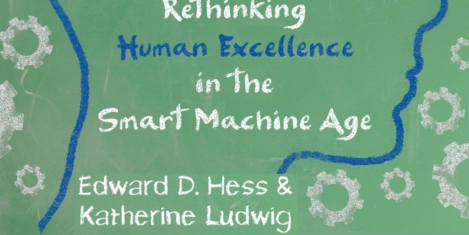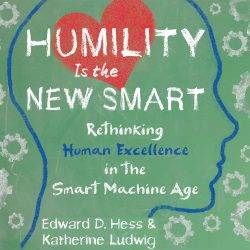May 9, 2017
Number of CEOs with technical background grows to meet demands of digital economy 0

The number of CEOs from a financial background is falling as firms put more sway into technology skills, a new report claims. The annual Robert Half FTSE 100 CEO Tracker shows that in the last four years the number of CEOs with a technology background trebled as businesses prepare to compete in an increasingly digital economy. In 2014, only three CEOs had a background in technology while today this number has increased to 11. There is a also a generational shift occurring in the FTSE 100, with just eight CEOs under the age of 50 on the FTSE 100, a quarter less than in 2010 when there were 33 CEOs under the age of 50. The typical age of a CEO is 55 years old and the average tenure is five years and two months. While a majority of CEOs still have a background in finance, this figure has fallen to 43 percent from 55 percent last year and the lowest level in three years. Of those CEOs with a financial background, nearly half (19 percent) are Chartered Accountants.






































